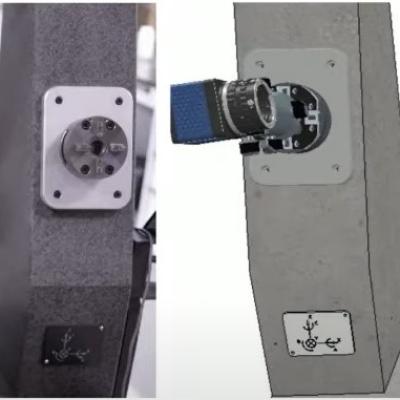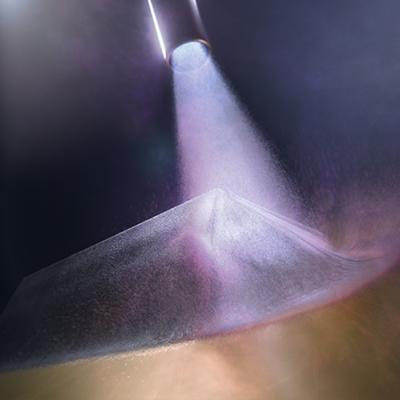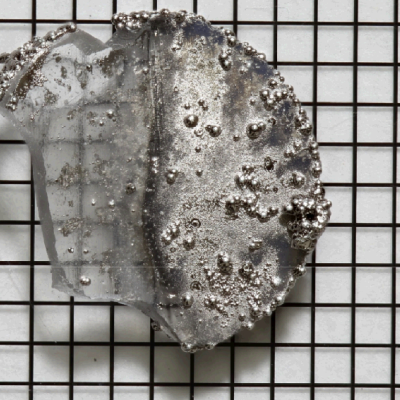LLNL researchers have continued to develop their pioneering DIW 3D-printed glass optics technology that allows for the 3D printing of single- and multi-material optical glass compositions in complex shapes. This LLNL invention further proposes incorporating dopants (including, but not limited to TiO2 and Pd) into slurries and inks for 3D printing of glass components that can then be directly…
Keywords
- Show all (84)
- Additive Manufacturing (55)
- 3D Printing (8)
- Manufacturing Automation (3)
- Microfabrication (3)
- Synthesis and Processing (3)
- Volumetric Additive Manufacturing (2)
- Electric Grid (1)
- Inertial Confinement Fusion (ICF) (1)
- Inertial Fusion Energy (IFE) (1)
- Manufacturing Simulation (1)
- Material Design (1)
- Optical Switches (1)
- Precision Engineering (1)
- (-) Manufacturing Improvements (2)
- (-) Additively Manufactured (AM) Optics (1)
Technology Portfolios
Image

LLNL’s novel approach utilizes a number of techniques to improve reconstruction accuracy:
- Better coding scheme-based techniques
- Hardware-assisted techniques
- Adaptive fringe projection techniques
- Multi-exposure based techniques
The method requires specific calibration procedures and control of the hardware, which is achieved through a digital twin…
Image

Versatile Cold Spray (VCS) enables deposition of brittle materials, such as thermoelectrics, magnets, and insulators, while retaining their functional properties. Materials can be deposited on substrates or arbitrary shapes with no requirement to match compositions. The VCS system is low cost, easily portable, and easy to use.
VCS has been developed in a collaboration between Lawrence Livermore…


